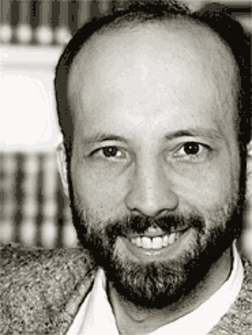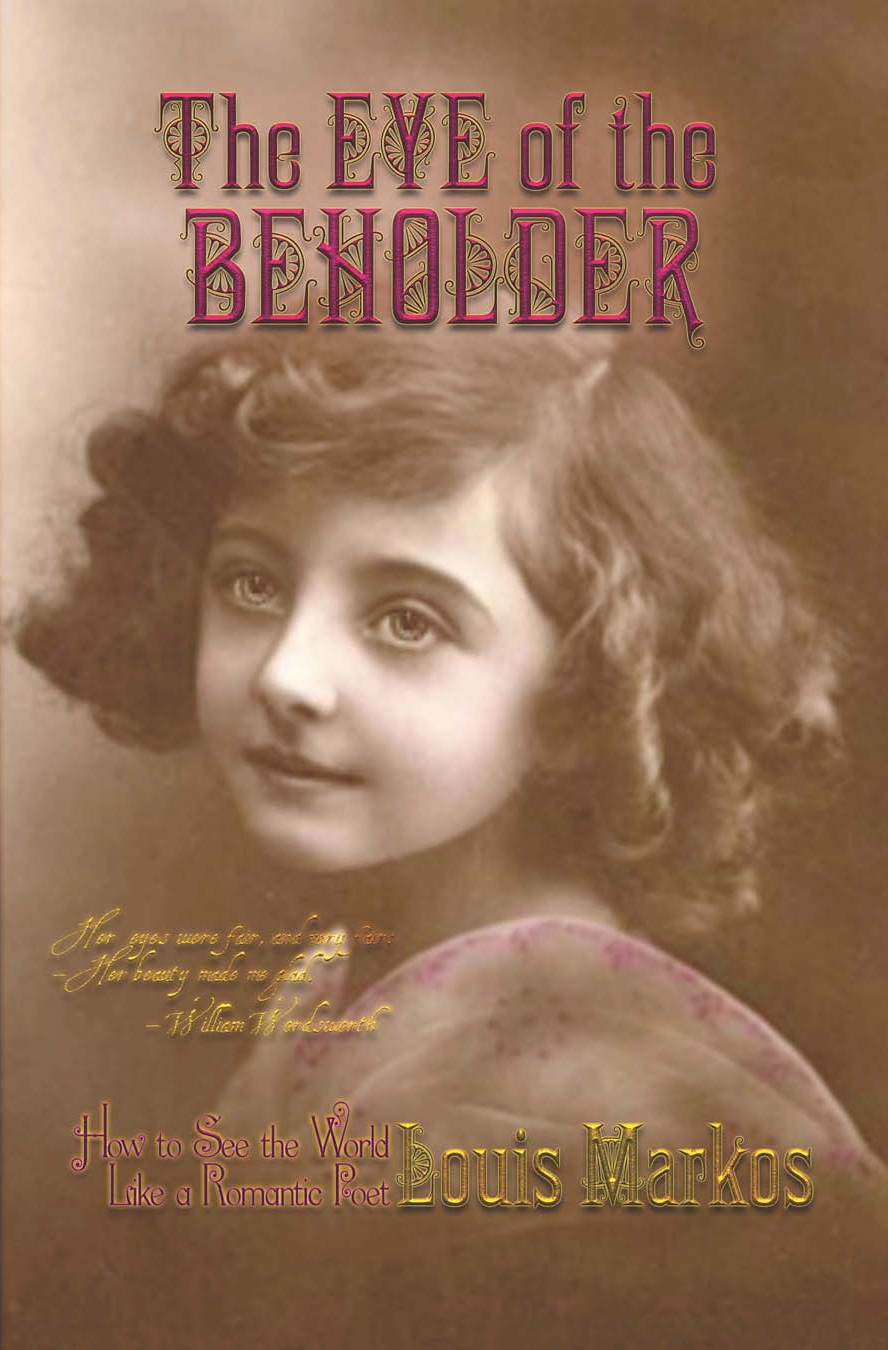
The Eye of the Beholder: How to See the World Like a Romantic Poet
by Louis Markos
by Louis Markos
Book Description
Born out of the French Revolution and its radical faith that a nation could be shaped and altered by the dreams and visions of its people, British Romantic Poetry was founded on a belief that the objects and realities of our world, whether natural or human, are not fixed in stone but can be molded and transformed by the visionary eye of the poet. This key romantic notion—that things are as they are perceived, that the external world is, in part, a projection of the internal mood of the poet—finds its fullest expression in William Blake's Songs of Innocence and Experience, Wordsworth and Coleridge's Lyrical Ballads, and such intimate crisis poems as Wordsworth’s “Intimations Ode,” Coleridge’s “Dejection: An Ode,” Shelley’s “Ode to the West Wind,” and Keats’s “Ode to a Nightingale.”
Unlike many of the books written on Romanticism, which devote many pages to the poets and few pages to their poetry, the focus here is firmly on the poems themselves. The author thereby draws the reader intimately into the life of these poems. A separate bibliographical essay is provided for readers listing accessible biographies of each poet and critical studies of their work.
Author
Louis Markos (PhD, University of Michigan) holds the Robert H. Ray Chair in Humanities at Houston Baptist University. He is the author of several books, including From Achilles to Christ: Why Christians Should Read the Pagan Classics and Lewis Agonistes: How C.S. Lewis Can Train Us to Wrestle with the Modern and Postmodern World.
Born out of the French Revolution and its radical faith that a nation could be shaped and altered by the dreams and visions of its people, British Romantic Poetry was founded on a belief that the objects and realities of our world, whether natural or human, are not fixed in stone but can be molded and transformed by the visionary eye of the poet. This key romantic notion—that things are as they are perceived, that the external world is, in part, a projection of the internal mood of the poet—finds its fullest expression in William Blake's Songs of Innocence and Experience, Wordsworth and Coleridge's Lyrical Ballads, and such intimate crisis poems as Wordsworth’s “Intimations Ode,” Coleridge’s “Dejection: An Ode,” Shelley’s “Ode to the West Wind,” and Keats’s “Ode to a Nightingale.”
Unlike many of the books written on Romanticism, which devote many pages to the poets and few pages to their poetry, the focus here is firmly on the poems themselves. The author thereby draws the reader intimately into the life of these poems. A separate bibliographical essay is provided for readers listing accessible biographies of each poet and critical studies of their work.
Author
Louis Markos (PhD, University of Michigan) holds the Robert H. Ray Chair in Humanities at Houston Baptist University. He is the author of several books, including From Achilles to Christ: Why Christians Should Read the Pagan Classics and Lewis Agonistes: How C.S. Lewis Can Train Us to Wrestle with the Modern and Postmodern World.

Louis Markos
"The indomitable Louis Markos has done it again! Whether he is writing on the pagan classics, the Romantics, the Victorians, the Inklings, post-modernism, or modern Christian apologetics, he always cuts through the cant of contemporary fashion with the insightful incisiveness of orthodoxy. In this latest tour de force, he beholds the alluring and deceptive beauty of Romanticism through the unfailing eye of Christian Realism."
Joseph Pearce,
Writer in Residence
Associate Professor of Literature
Ave Maria University
Joseph Pearce,
Writer in Residence
Associate Professor of Literature
Ave Maria University


